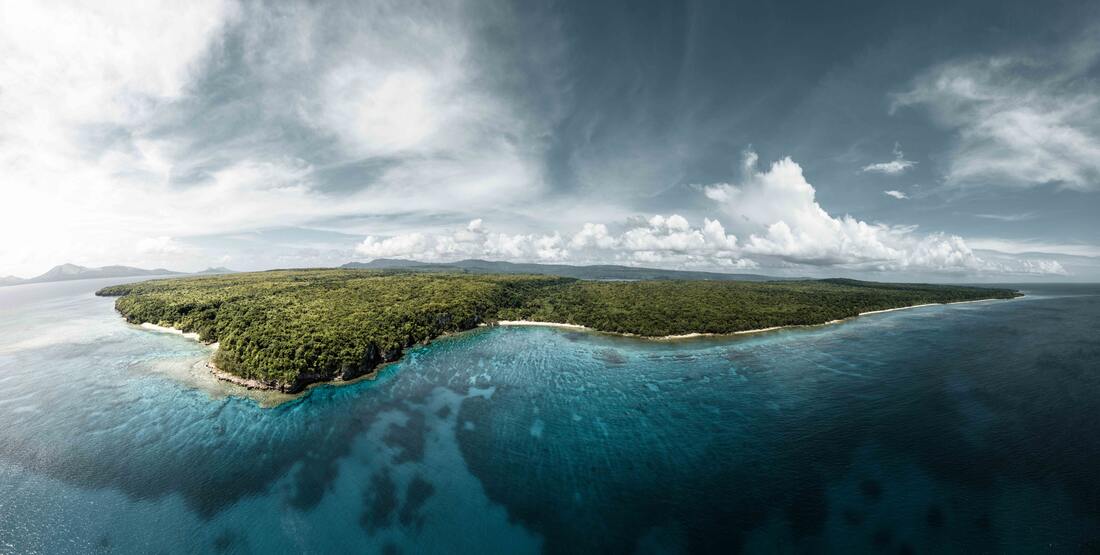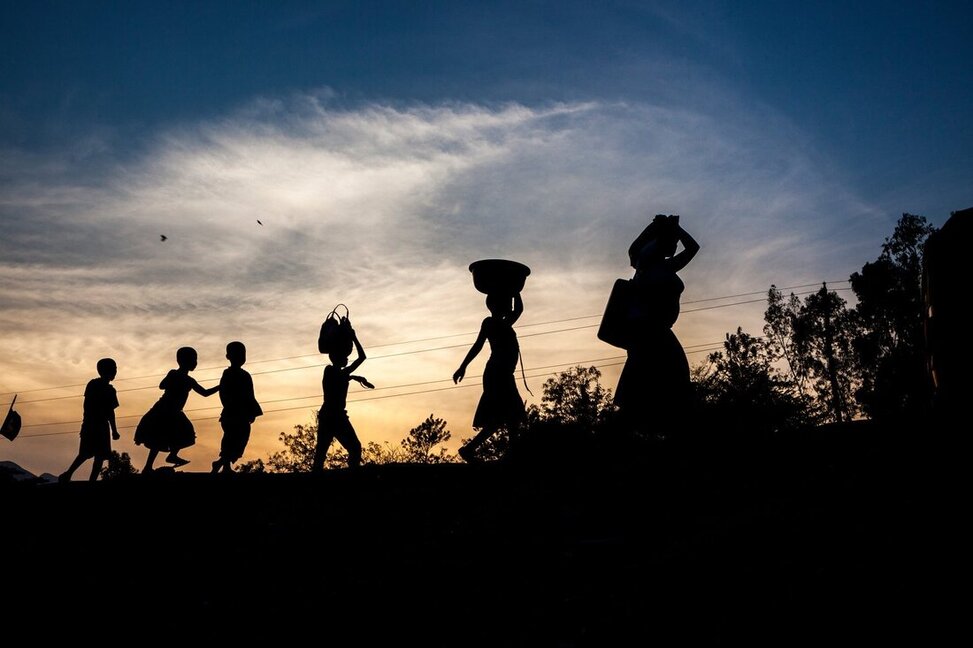|
 On 20 February, a coalition of 18 countries, led by Vanuatu, officially published on the UN e-deleGATE portal the final draft of the General Assembly Resolution requesting the International Court of Justice to issue an Advisory Opinion on the obligations of states on climate change. On 1 March, the resolution was adopted and included in item 70 ("Report of the International Court of Justice") of the agenda of the 77th UN session. The resolution is open for co-sponsorship until 29 March. To date, 105 countries, including Spain, have already supported it. Once the resolution has been considered in plenary (date to be determined) and if adopted, the General Assembly will have to request an advisory opinion from the International Court of Justice (ICJ) on the matter under consideration. According to its Statute, the ICJ may give advisory opinions on any legal question, at the request of any body authorised to do so by the Charter of the United Nations, or in accordance with the provisions of the Charter of the United Nations . Following the United Charter (Chapter XIV), the General Assembly or the Security Council may request the ICJ to give an advisory opinion on any legal question . When it receives a request for an opinion, the ICJ decides which States and organisations can provide useful information, and allows them to submit written and oral observations. In all other respects, the advisory procedure is modelled on the rules applicable to the contentious procedure . The State of Vanuatu is an island nation that is significantly affected by climate change. Vanuatu considers that natural disasters, whose frequency, magnitude and impact have increased significantly in recent years, are a consequence of climate change. Destructive tornadoes, earthquakes make life very difficult in Vanuatu, depriving people of their former way of life and violating their rights. That is why Vanuatu has led a coalition of the countries most affected by climate change to fight to fulfil the terms of the Paris Agreement. Coalition members believe it is unfair that collectively they produce no more than 1% of total emissions, but suffer disproportionately from the consequences of climate change. Therefore, among other things, the coalition also raises the issue of compensating the states most affected by major greenhouse gas emitters. This issue was discussed at length at COP 27, which led to the decision to create a "Loss and Damage" fund. In accordance with the resolution, the General Assembly requests the ICJ to express its position on the following issues: (a) What are the obligations of States under international law to ensure the protection of the climate system and other elements of the environment from anthropogenic emissions of greenhouse gases for the benefit of States and present and future generations? (b) What are the legal consequences flowing from these obligations for States which, by their acts and omissions, have caused significant damage to the climate system and other elements of the environment, with respect to: (i) States, including, in particular, small island developing States, which, because of their geographical circumstances and level of development, are adversely affected or particularly affected by, or particularly vulnerable to, the adverse effects of climate change; (ii) Peoples and individuals of present and future generations affected by the adverse effects of climate change? " It is important to note that advisory opinions of the International Court of Justice are not legally binding. However, they can influence the development of international law. Vanuatu hopes that the ICJ's opinion can inform climate claims around the world and strengthen the position of vulnerable countries in international negotiations. For more information see: Resolution. Vanuatu ICJ Initiative. Vanuatu to seek international court opinion on climate change rights. (2021, September 26). The Guardian. From Vanuatu law school to The Hague: The fight to recognise climate harm in international law. (2022, June 19). The Guardian. Farand, C. (2022, December 2). Vanuatu publishes draft resolution seeking climate justice at the UN. Climate Home News. Lago, V. (2022, December 18). Vanuatu's ICJ endeavor towards climate change responsibility. Arcadia. Kaminski, I. (2023, March 2). Vanuatu gathers support for UN climate justice statement. Climate Home News.
0 Comments
 This is the title of one of the IOM Brief. According to IOM, environmental changes and natural disasters affect men and women differently and to different extents, mainly due to the fact that the impacts are determined by the social roles and responsibilities they are obliged to take on. Unequal access to information and resources, the extent or limitation of destination options, different employment prospects, different socioculturally ascribed roles and responsibilities, or the restriction of freedom of movement that women in the region experience in their migration. freedom of movement experienced by women in many countries, make it difficult for them to seek refuge when climatic disasters occur. In these contexts, women's rates of death, injury and illness tend to be higher. However, it is also true that in certain situations, men are exposed to more natural hazards, because they are less aware of the risks, and because they are generally and generally take longer to receive assistance in emergencies. Likewise, migrating and thus adapting to climate change is also more difficult for people, whether men or women, who are of lower social class, who have fewer resources. And even in this regard, women tend to be more disadvantaged, as in poorer countries, they tend to have lower levels of education, greater dependence on natural resources for their livelihoods, and face social and political barriers. The report cites as an example the Chitwan Valley (Nepal), where women base their economy on firewood collection. There, the effects of climate change and deforestation undermine their livelihoods. Also in the upper Indus basin, within the Karakiram and Hindu Kush mountains (between Afghanistan and Pakistan), severely affected by climate change (such as floods or droughts), women, due to the preponderance of certain cultural norms, find it more difficult to migrate, as they have to stay behind to take care of agricultural and household work while their male relatives are away. For these reasons, a gender perspective is a crucial factor in understanding the causes and consequences of migration. Integrating gender considerations into the analysis of environmental migration, and supporting research projects in this field, can help to understand how the gender dimension influences the decisions of men and women affected by environmental hazards or degradation and how they are affected by environmental hazards or degradation. understand how the gender dimension influences the decisions of men and women affected by environmental hazards or degradation. This dimension therefore needs to be taken into account in the design and evaluation, both at international and other levels, of migration management rules, policies, strategies, programmes and projects that contribute to limiting rather than widening this gap, and to facilitating adaptation to climate change and environmental degradation. Particularly important is to contribute to implement actions that reduce the vulnerability of populations exposed to environmental risk factors, in order to prevent environmentally forced migration. But also to facilitate migration as an adaptation strategy to climate change, to adapt assistance to populations facing migration, to identify durable solutions adapted to gender-differentiated needs, to promote awareness of gender inequalities in environmental migration, and to promote the equal participation of people in society, regardless of their gender. |
Susana BorràsMarie Skłodowska-Curie Fellow (H2020-MSCA-IF-2020)nº101031252 Archives
March 2023
|
Proudly powered by Weebly




 RSS Feed
RSS Feed